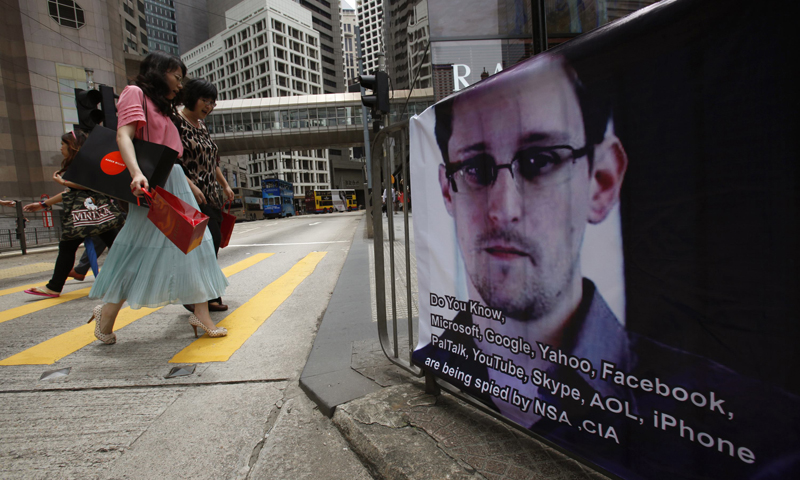The Pakistan Electronic Media Authority or PEMRA, as it is colloquially referred to, was formed in 2002 with the mandate to “facilitate and promote a free, fair, and independent electronic media”. However, most of its stated powers are perceived as undemocratic by international standards.
PEMRA falls under and has to execute policy put forth by the federal government. Recently, PEMRA and the federal government have faced increasing criticism because of their attempts to enforce censure and limit the scope of free speech.
The CEO and founder of Bol and its mother company Axact, Shoaib A. Shaikh, had to spend almost 14 months behind bars on the charges of running a fake degree mill.
Critics claim that PEMRA is used as an enforcer by the incumbent government to quash those who challenge the policies or question the narrative put forth by the political establishment.
Read more: Government’s attack on free speech for Army or for self-interest?
Last month, PEMRA passed a directive banning the broadcast of an upcoming popular news channel, Bol News. A stay order was obtained by Bol News from the Sindh High Court. Political pundits have claimed the attack on Bol was one in which the government joined hands with existing players in the media industry, who were threatened by the emergence of a strong competitor into the market. Earlier, the CEO and founder of Bol and its parent company Axact, Shoaib A. Shaikh, had to spend almost 14 months behind bars on the charges of running a fake degree mill. Since then, he has been released on bail and the case against him seems to be on shaky grounds.
Apart from accusations of strong-arming critics of the government, PEMRA has recently been subject to much suspicion regarding the disappearance of several internet discussion forums. Government has an agreement with Facebook which allows it to suspend any Facebook page it deems to be a threat. On 5th May, the popular Facebook page Siasat.pk was suspended. Neither Facebook nor PTA had provided any prior notice or warning to the administrators of the page. After a successful social media campaign, the Facebook page was restored but no acknowledgment of the action was received from PEMRA. Following Siasat.pk’s restoration several other, smaller pages have been similarly blocked.
Regulations of PEMRA have been designed to maintain and project cultural values and standards of decency. Under the Code of Conduct guidelines issued by PEMRA in 2015, the first fundamental principle stated which needs to be abided by the licensee is “No content is aired which is against the Islamic values, the ideology of Pakistan or founding fathers of the nation including Quaid-e-Azam and Dr. Allama Muhammad Iqbal.”
In a country haunted by the specter of religious intolerance and the violence it induces, it is fair to question the sagacity of this decision as it may be perceived by those who draw power from a dogmatic interpretation of religion to be a nod of approval from the government.
However, the recent Ramazan regulations are being criticized because they appear to go against the grain of the modern Islamic ideology of Iqbal which preaches tolerance. This issue has also exposed a schism in the collective social ideology of Pakistan. The progressive approach of Iqbal towards religion, which characterized religion as a tool for personal growth and spiritual liberation, is now contrasted by the concept of Islam as a strict doctrine that must be imposed on people for their own betterment. Support for both sides of the argument is strong but the issue is a sensitive topic because of a rising culture of intolerance.
Read more: Freedom of Press in Pakistan under threat from multiple fronts
The directives of the Senate and regulations of PEMRA on Ramazan broadcasts can also be perceived as an attempt to garner praise from that segment of society which finds these measures in line with their ideology. However, in a country haunted by the specter of religious intolerance and the violence it induces, it is fair to question the sagacity of this decision as it may be perceived by those who draw power from a dogmatic interpretation of religion to be a nod of approval from the government.
There is no question that Pakistan’s culture and values must be safeguarded, however, one must be wary of those who would undermine these sacred values under the guise of safeguarding them.













